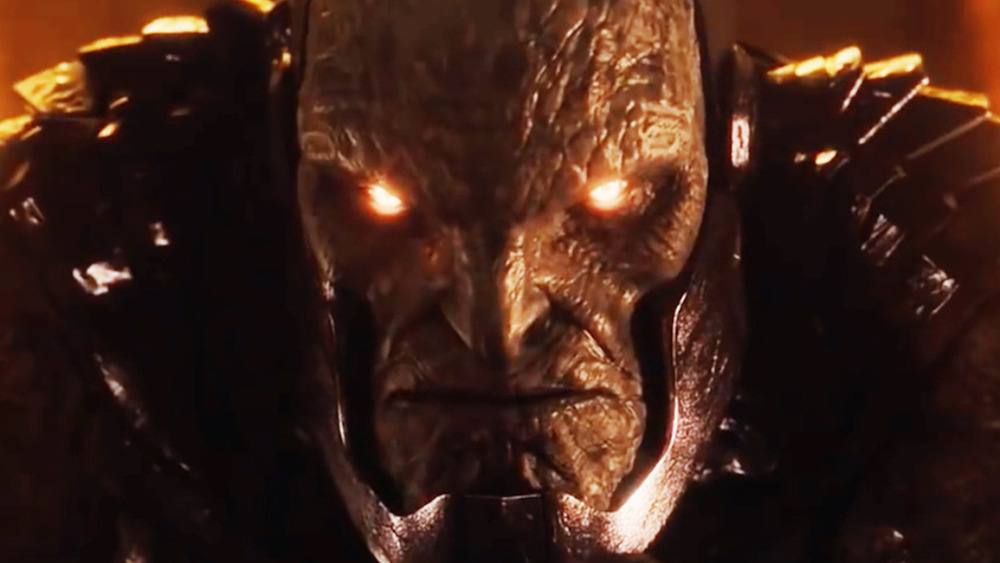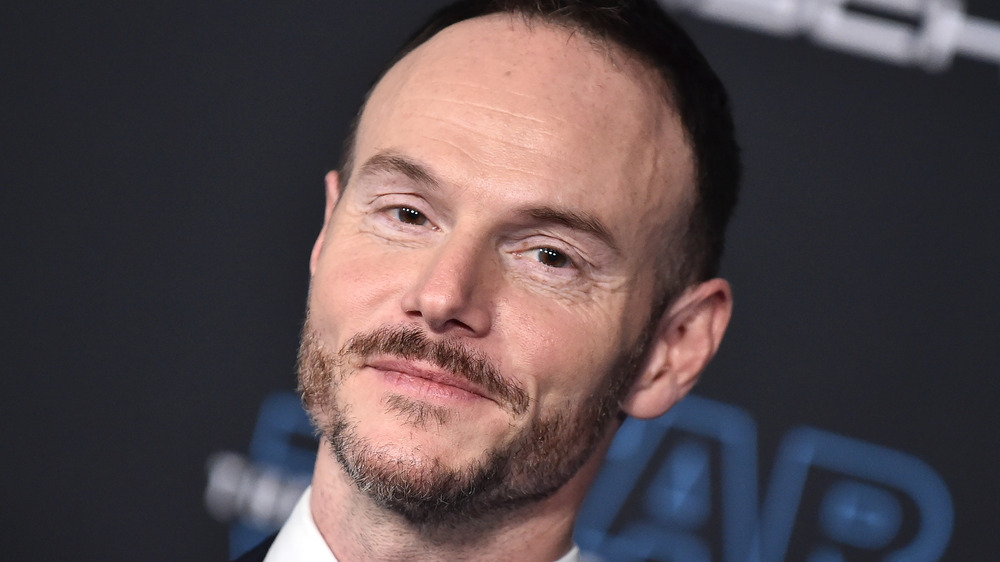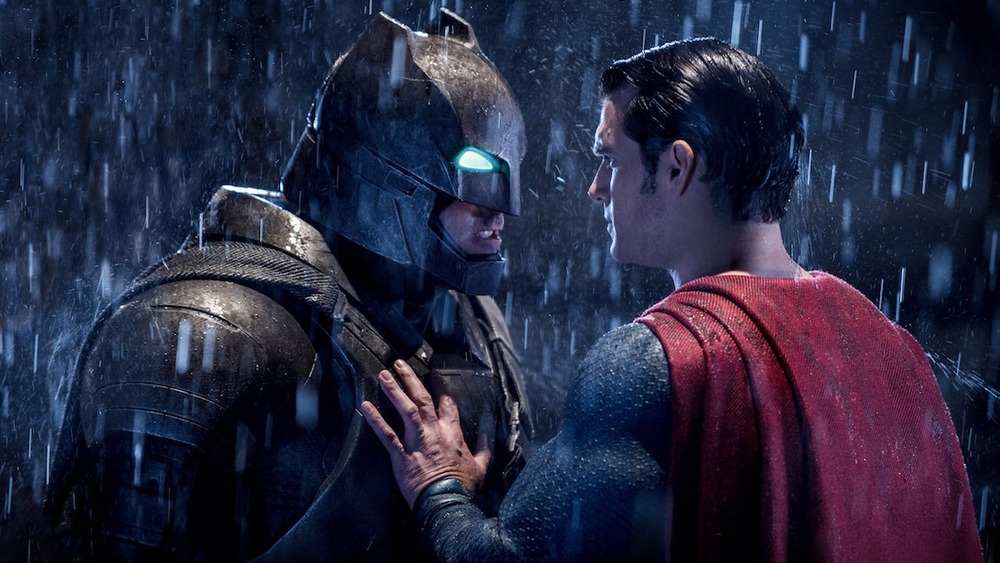The Snyder Cut Writer Reveals The Troubles Behind Justice League's Production
Now that Zack Snyder's Justice League has vindicated the director's vision and the complicated saga of how the movie came into the world is coming to a close, screenwriter Chris Terrio is finally able to tell his side of the story. Spoiler alert: He's not holding anything back. In an extensive new interview with Vanity Fair, the Batman v Superman: Dawn of Justice and Justice League writer (who has an Oscar for his Argo script) lays bare his true feelings about what went wrong with his two DC movies. He blames the then-administration at studio Warner Bros. for pretty much everything.
Terrio says that Zack Snyder's Justice League and the Ultimate Edition of Batman v. Superman, which are available to stream on HBO Max, are both pretty close to the scripts he wrote, and their extended lengths allow for character development that got cut from the theatrical releases, which he believes is the biggest reason why the theatrical versions failed with audiences.
"If you took 30 minutes out of Argo, as they were from Batman/Superman, it would make zero sense at all," Terrio says. "Critics would say, 'what a lazy screenplay,' because the characters don't have motivations and it's not coherent. And I would agree with them."
Terrio says that the economics of blockbuster filmmaking means that scenes that build the story get deleted before expensive visual effects-heavy action scenes, which leads to narrative incoherence. The movies he wrote did a lot of character development, especially with Cyborg (Ray Fisher) in Justice League, and Warner Bros. took all of that out, which was a ruinous decision.
"The 2017 theatrical cut was an act of vandalism," Terrio says. "Zack may be too much of a gentleman to say that, but I'm not."
Terrio wanted to take his name off the project
When Terrio saw Joss Whedon's rewritten and reshot version of Justice League, he explored going the Alan Smithee route. He tells Vanity Fair that he told his lawyer to get his name taken off the film. It didn't happen because the "prints had already been struck or hard drives burned or however they deliver movies these days," and to redo them could lead to delays with the film's then-imminent release and attract even more bad press, so Terrio kept his mouth shut publicly, until now. "I've never said anything about Justice League since then, but the movie doesn't represent my work," he says. He adds that he's happy that the Snyder Cut is higher up on his IMDb page now.
It's personally vindicating for him that the Snyder Cut is now the definitive version of Justice League, because being associated with the flop was bad for his career and his self-esteem. "It hurts your reputation, but more importantly, it poisons your soul and your confidence, especially when this other version of the film wasn't seen," Terrio says.
Terrio doesn't hold anything back
Throughout the interview, Terrio is remarkably forthright about his opinions. Since he knows he'll never work with DC again, it sure seems like he doesn't care if he burns bridges by sharing what he really thinks.
He, too, thinks the much-maligned title Batman v Superman: Dawn of Justice, is bad: "It just sounds self-important and clueless in a way." He suspects Warner Bros.' marketing department came up with that title.
The suits getting too involved with creative decision-making is one of the main things that doomed the Snyderverse, Terrio thinks. After Batman v Superman underperformed at the box office and executives got scared, "Wall Street guys" started making the decisions, and they didn't care in the slightest about making a good movie. "Something about the distribution of power at that time just seemed off to me," Terrio says. "It was removing even the pretense that capital wasn't calling the shots."
That's only about half of the bombshells Terrio drops in the interview. It's an incredibly forthright account of what went wrong on the films from his charmingly cynical perspective.


